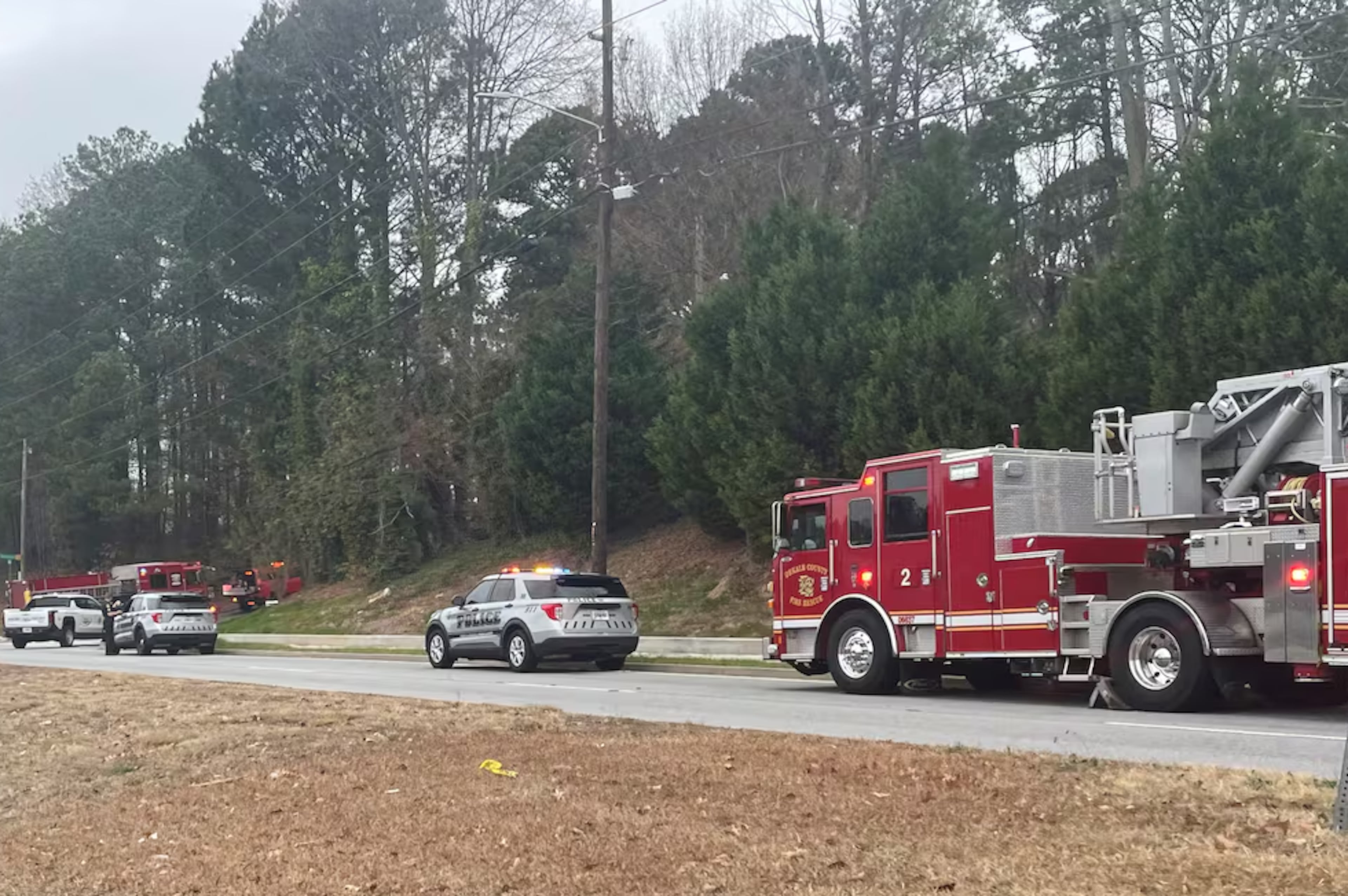Politicians, protestors arrested in 2018 protest want law scrapped

U.S. Rep. Nikema Williams, state Rep. Park Cannon and others arrested at the Georgia Capitol during a 2018 demonstration are calling for the state’s highest court to strike down the law under which they were accused of criminally disrupting government work.
Williams and more than a dozen others were arrested during a protest at the Capitol in the days after the November 2018 election as they called for every vote to be counted. Cannon was arrested in 2021 after knocking on Gov. Brian Kemp’s door the day he signed an elections bill.
Charges against the politicians and protesters were dropped. For years they’ve been pursuing legal action against the state police officers who arrested them. Their latest civil complaint, filed in a Fulton County court in 2022, came before the Georgia Supreme Court on Wednesday.
Gerald Weber, an attorney for the plaintiffs, said the state law under which they were arrested is unconstitutionally broad as it criminalizes speech that is not disruptive or intended to be disruptive. He said the state Supreme Court in 2006 came to that very conclusion about a different law with “the exact same language.”
“Some of them didn’t even speak but they were arrested, strip-searched and had their charges ultimately dismissed,” Weber said of his clients. “We have a whole host of other incidents … where people were silenced for signs, buttons, T-shirts, and even handed copies of this statute.”

Ross Bergethon, an attorney for the state, said Georgia’s “disruption statute” is reasonably designed to ensure that the work at the Capitol isn’t interfered with. He said it’s not a violation of free speech rights.
“It’s not about limiting anyone’s right to expression,” he said. “People are still free to express any viewpoint they want, no matter how unpopular.”
Weber said the law isn’t limited to the Capitol offices, and encompasses nearby Liberty Plaza, a public forum where thousands of people gather for permitted demonstrations. He said people on the sidewalk around the Capitol could also be arrested and charged under the law if just one state police officer determines that their conduct could disrupt government work.
“The statute does not require actual disruption, nor does it require intent to disrupt,” he said.
In questioning Bergethon, the judges indicated the law could criminalize what commonly takes place in and around the Capitol, such as the practice of thwarting committee votes by calling members away from hearings.
“That is a pretty conventional legislative strategy,” Justice Nels S.D. Peterson said.
Peterson said he used to have an office on the Capitol’s second floor, near where marching bands are routinely invited to perform. Noted the disruption statute doesn’t have an exception for invited guests, he asked if the marching band members could be committing crimes under the law.
Bergethon said the law has been in place for decades and hasn’t been applied “willy-nilly.”
“We don’t typically reject constitutional challenges because we trust prosecutorial discretion,” Peterson responded.

Weber said the Capitol police have other laws they can use to maintain order. He wants the state Supreme Court to revive his clients’ case, which was dismissed in September 2023 by Fulton County Superior Court Chief Judge Ural Glanville.
An earlier lawsuit filed in federal court was put on hold in October 2023 pending the state Supreme Court’s decision, which is likely to take months.



